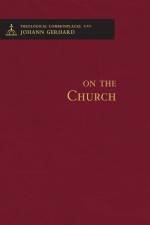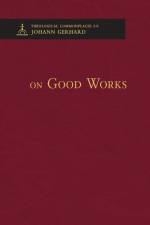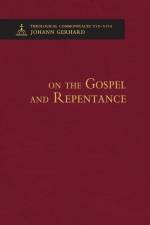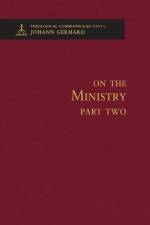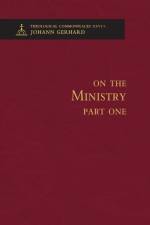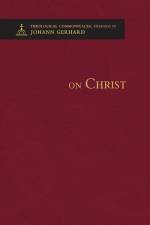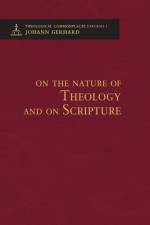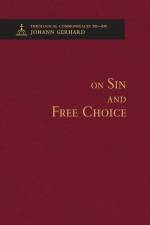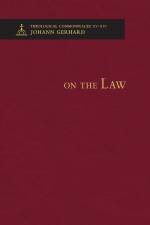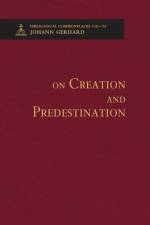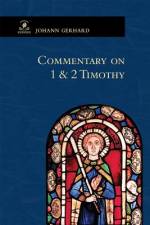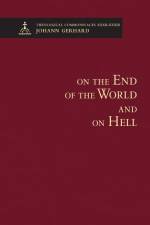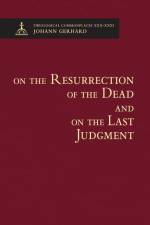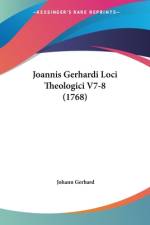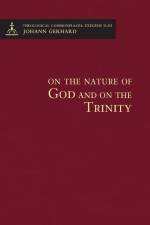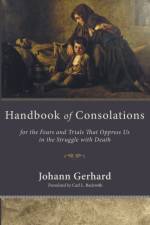von Johann Gerhard
96,00 €
About This VolumeOn Creation and Predestination consists of four of Johan Gerhard's commonplaces: On Creation and Angels, On Providence, On Election and Reprobation, and On the Image of God in Man After the Fall.On Creation and Angels presents a day-by-day interpretation of the creation account that argues for a simple six-day timeline, against a variety of astrological interpretations prevalent in his day. Gerhard emphasizes the Ex-Nihilo mode of creation, and he identifies each of the three persons of the Trinity in the action of creation. In a lengthy supplement, Gerhard considers the creation of the Angels. Here, he explores the term "angel" as a title of office, meaning "messenger", rather than a specific nature of being. He dismisses extensive studies of the ranks and orders of angels on the account of the limited scriptural evidence for such pursuits and denies any practice of angelic veneration. On Providence considers the foreknowledge of God, attributing to it purpose, control, preservation, governance, while maintaining that in the case of human sin God foresees sin, sustains the lives of fallen men, and permits their sin even as he limits its extent and uses it for good.On Election and Reprobation establishes the causes of election and reprobation in mankind. Gerhard argues for an election based on foreseen faith while also firmly confessing that faith is a gift of God. In contrast, Gerhard sees human sin as the sole cause of reprobation. On the Image of God in Man After the Fall demonstrates Gerhard's position that the Image of God in mankind was the original righteousness and holiness present in creation before the fall. After the fall, he argues, the Image of God in man is lost until it is renewed in individuals by the Holy Spirit. About This SeriesThe Theological Commonplaces series is the first-ever English translation of Gerhard's monumental Loci Theologici. Gerhard was the premier Lutheran theologian of the early seventeenth century. Combining his profound understanding of evangelical Lutheran theology with a broad interest in ethics and culture, he produced significant works on biblical, doctrinal, pastoral, and devotional theology. Gerhard interacts with the writings of the church fathers, Luther and his contemporaries, and the Catholic and Calvinist theologians of his day. His 17-volume Loci is regarded as the standard compendium of Lutheran orthodoxy, with topics ranging from the proper understanding and interpretation of Scripture to eschatology.Useful for research on Lutheran doctrine, Gerhard's accessible style makes this a must-have on the bookshelf of pastors and professional church workers.Each embossed hardback volume includesthe translation of Gerhard's Loci (originally published from 1610 to 1625) ¿ a glossary of key theological, rhetorical, and philosophical terms ¿ a name index ¿ a Scripture index ¿ a carefully researched works cited list that presents guidance for deciphering the numerous abbreviations of the other titles from which Gerhard quotes.

